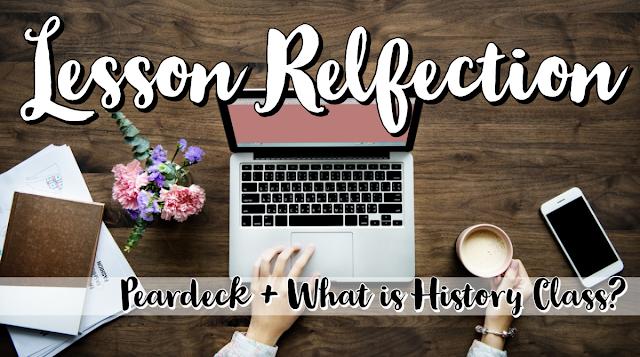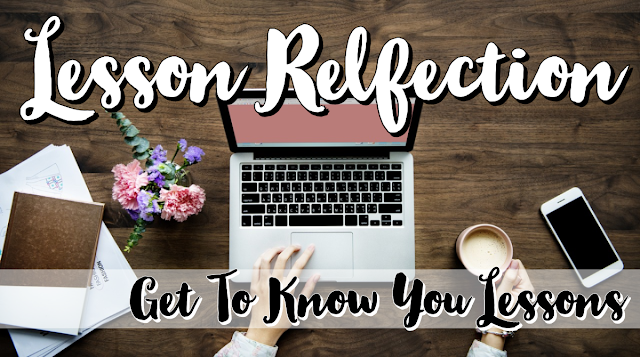Lesson Reflection: Teaching Students Reflective Standards Based Grading

Like most teachers, I spend the first few weeks establishing class culture, routines, and procedures with my students. This is also when I try and give my students some lessons and activities around how I grade since I am one of the few teachers they will encounter on our campus doing Reflective Standards-Based Grading. I don't go over the syllabus or rules the first few days but I used the Fast and Curious EduProtocol to help introduce those things to students and as situations or transitions came up I explained how things worked in my classroom and then we practiced them. This isn't groundbreaking stuff, each time a new transition or procedure was introduced I'd paused class, teach it, we'd try it, we'd try it again, and then we'd move on. To teach students how I grade, I kept my learning objective for the week prominently displayed: LO#1: I can explain in my own words the classroom procedures, expectations, grading policies, and classro





